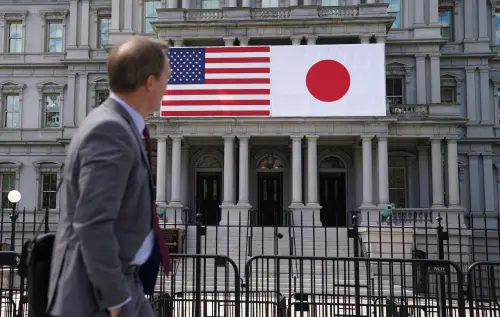In the past decade there have been several instances of crisis, confrontation and negotiated resolution on the Korean Peninsula. So far, only bilateral negotiations between the Democratic People’s Republic of Korea (DPRK or North Korea) and either the Republic of Korea (ROK or South Korea) or the United States have resulted in a satisfactory conclusion to the objectives of the talks. This is in contrast to the unsuccessful attempts at multilateral talks. Of course, critics of bilateral engagement with the DPRK are quick to point out that ultimately Pyongyang has failed to implement or uphold its obligations under the terms of bilaterally negotiated settlements and therefore those talks should not be described as successful. This is the rationale belatedly used by the Bush Administration in refusing to negotiate directly with Pyongyang in resolving the current nuclear crisis.1
Bilateral talks
One of the most notable bilateral negotiations between the North and South took place at the end of 1991. The result of intense talks was the “Agreement on Reconciliation, Nonagression and Exchanges and Cooperation between the South and the North”. The accord, while never implemented, was an impressive achievement. Among other things, it called for economic, cultural and scientific exchanges, free correspondence between divided families, and the reopening of roads and railroads that had been severed at the North-South dividing line.2 This agreement was followed shortly by the 20 January 1992 “Joint Declaration of the Denuclearization of the Korean Peninsula” designed “to eliminate the danger of nuclear war through denuclearization of the Korean peninsula, and thus to create an environment and conditions favorable for peace and peaceful unification of our country and contribute to peace and security in Asia and the world.”3 Likewise, this agreement was never implemented.


Commentary
The Korean Peninsula and the Role of Multilateral Talks
March 1, 2005